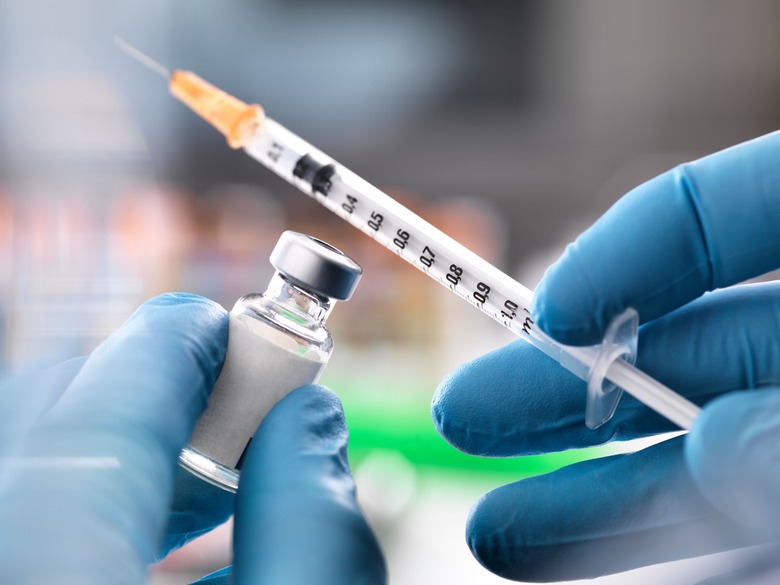Scientists Just Discovered A Better Way To Use The Tuberculosis Vaccine
One of the biggest killers on the planet is a bacteria that humans have been fighting against for thousands of years. I'm talking about tuberculosis, or TB for short. Vaccinating against TB has proven difficult, and the effectiveness of TB vaccines has historically been rather poor. That may be about to change, however, as researchers experimenting with the Bacille Calmette-Guerin vaccine (BCG) have discovered a way to make it far more effective.
In a new release published by the National Institutes of Health, scientists report some rather stunning results from vaccine trials in rhesus macaque monkeys. As it turns out, maximizing the effectiveness of the vaccine might be as simple as targeting a vein.
Typically, the vaccine is given via an injection just under the skin. This, it seems, could be preventing the vaccine from doing its best work. In testing the route of immunization, researchers discovered that a certain dose, administered intravenously instead of intradermally, dramatically increases the vaccine's effectiveness.
To see what the differences were between types of vaccine administration, the researchers gave the BGC vaccine to groups of monkeys in different ways. The monkeys received the vaccine either intradermally, intravenously, or as an aerosol.
"The scientists assessed immune responses in blood and in fluid drawn from the lungs for a 24-week period following vaccination," the release explains. "IV BCG vaccination resulted in the highest durable levels of T cells in the blood and lungs."
Taking things a step further, the researchers then exposed the monkey groups to TB six months after they were vaccinated. Remarkably, the vast majority of the animals that were vaccinated via IV were "highly protected" against the bacteria, and all were able to fight off the infection far easier than the animals in the other two groups.
Going forward, the researchers say that this is evidence that TB immunization in humans might be worth revisiting, and testing intravenous vaccination may be warranted.
